Fewer Than Half of House Democrats Have Signed On to Medicare-for-All
A week after Washington Rep. Pramila Jayapal introduced single-payer legislation, citing its broad popularity, the party remains divided.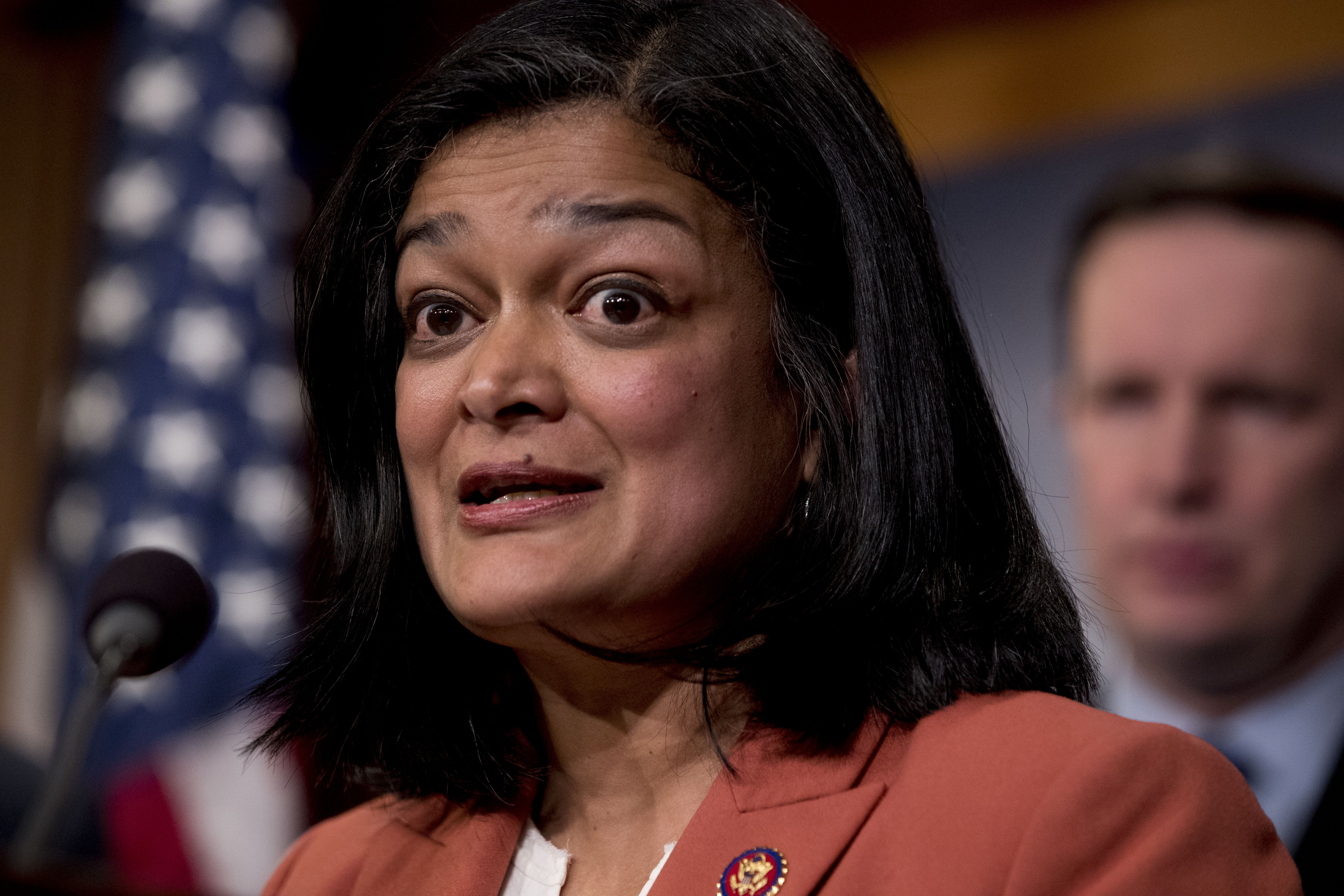 Rep. Pramila Jayapal, D-Wash. (Andrew Harnik / AP)
Rep. Pramila Jayapal, D-Wash. (Andrew Harnik / AP)
A week after the introduction of comprehensive single-payer healthcare legislation, Congressional Democrats are split over the bill.
Rep. Pramila Jayapal (D-Wash.) unveiled the Medicare for All Act Feb. 27 in an outdoor press conference. On Wednesday morning, Jayapal appeared on Democracy Now! to tell hosts Amy Goodman and Juan Gonzalez where the legislation stood a week in and stressed the universal popularity of the plan.
“This is a plan that unites Republicans, Democrats, and independents,” said Jayapal. “It’s certainly what the polling shows, that people are with us on this.”
TODAY: Over 100 Democratic lawmakers are co-sponsoring a new House bill that would dramatically revamp U.S. healthcare by creating a Medicare for All system. We’ll speak with the bill’s chief sponsor, Congressmember @PramilaJayapal. 8-9AM ET: https://t.co/Xup8cdtnFB pic.twitter.com/OwrXOrp4v5
— Democracy Now! (@democracynow) March 6, 2019
Despite the public support for the plan, however, Congress isn’t totally sold on the bill. Jayapal acknowledged that she’d have to work to convince her party on the merits of the legislation—even as other Democrats like Sen. Debbie Stabenow (D-Mich.) are introducing their own versions of healthcare legislation that would expand Medicare to people 50 and over.
“I do not think that you can really guarantee universal coverage to everybody and contain costs by nibbling around the edges,” Jayapal said. “And with lots of respect to my colleagues, who are, you know, just trying to expand Medicare, buy-in at 50, things like that, that is not going to accomplish [ending] the deep sickness of our for-profit healthcare system. We have to take that on, if we are going to provide universal coverage. And Medicare for All is really the only plan that does that.”
130 Democrats
Jayapal’s bill has the support of 106 other House Democrats, but there are still 130 members of the majority party who have yet to sign on. Those members, according to a study by Carl Gibson at GritPost, are recipients of over $43 million in donations from the healthcare industry over their careers.
Using campaign finance data made publicly available by the Center for Responsive Politics, Grit Post calculated that donors in the insurance and pharmaceutical industries gave a combined $43,740,947 in career campaign donations to the 130 House Democrats who have not yet signed on as co-sponsors to Rep. Jayapal’s bill. House Democrats received anywhere from $9,570 in financial support from pharma and insurance to $3.2 million, depending on the member.
“Additionally, not one member of House Democrats’ leadership has co-sponsored the bill,” wrote Gibson.
You can read the list of names—and their contributions—here.
On Tuesday, Rep. Cheri Bustos (D-Ill.), the chairwoman of the Democratic Congressional Campaign Committee (DCCC), said in an interview that the legislation was “scary.”
As the leading Democratic presidential contenders unite around Medicare for all and the Green New Deal, I don’t understand why the DCCC chair is trying to divide Democrats with talking points from Republicans and insurance corporations.https://t.co/YoK1YvJoUU
— Waleed Shahid (@_waleedshahid) March 6, 2019
Of the 130 Democrats not supporting the bill, 29 supported similar legislation in the last Congress, according to a separate study conducted by Alex Panagiotopoulos for Space Commune.
After the 2018 elections were over, we calculated that there were about 130 Democrats elected to Congress who either already were co-sponsors of Medicare for All (H.R. 676), or signaled clear support for Medicare for All during their campaigns.
Last week, when Congresswoman Pramila Jayapal (WA-07) introduced 2019’s version of Medicare for All (H.R. 1384), the bill had 106 co-sponsors, 103 of whom had votes that counted. It’s another painful but important lesson about the limits of politely pushing elected officials to the left; just because they co-sponsor or promise to support legislation doesn’t mean they’ll actually stick around or expend any political capital to make it happen.
Of the 29 drop offs, 26 co-sponsored H.R. 676, the precursor to this year’s legislation. The remaining three are freshmen who expressed support for Medicare for All on the campaign trail.
Pushing from the Left
Advocacy group National Nurses United, in a statement Tuesday, announced the organization’s intention to hold House Democrats accountable if they don’t support the bill. Executive director Bonnie Castillo said that her group takes its responsibility as healthcare professionals seriously, and that supporting Medicare for All was the right path forward for the country.
“Nurses take an oath to advocate for our patients,” said Castillo, “and we can think of no better way to advance the health and the health of our country than to be on the frontlines of organizing this nationwide social movement to win Medicare for All.”
A number of other high powered progressive organizations are throwing their weight behind the bill, Sarah Jones reported at New York:
Outside the House, a broad coalition of unions and advocacy groups has endorsed the bill. Some groups—the American Federation of Teachers, SEIU, and MoveOn—might be familiar. The Association of American Flight Attendants, which made headlines recently when its president, Sara Nelson, called for a general strike in response to the government shutdown, has endorsed the bill, too. That’s a lot of firepower, and Democrats who want the party’s nomination in 2020 will likely face pressure to run on a version of Medicare for All that at least resembles the bill.
Support isn’t limited to the left. At Crooked, which is part of the establishment Democratic media outlet that produces the Pod Save America podcast, Dr. Lisa Beutler wrote that despite her belief that there was some room for debate on the details, Medicare for All is the only option for the American healthcare system.
“I strongly believe,” wrote Beutler, “that in its essence Medicare for All is the only way to achieve truly universal healthcare.”
That sentiment was in line with Castillo’s view from Saturday. In a column for The Hill, Castillo argued that passing Medicare for All was more than the right thing to do for the nation’s health—it’s the right thing for the country’s future.
“A majority of the people in this country, regardless of party or background, are demanding real healthcare reform, now,” wrote Castillo. “In the name of democracy, our legislators must answer that demand by supporting the Medicare for All Act of 2019.”
Your support matters…Independent journalism is under threat and overshadowed by heavily funded mainstream media.
You can help level the playing field. Become a member.
Your tax-deductible contribution keeps us digging beneath the headlines to give you thought-provoking, investigative reporting and analysis that unearths what's really happening- without compromise.
Give today to support our courageous, independent journalists.

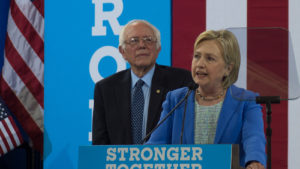
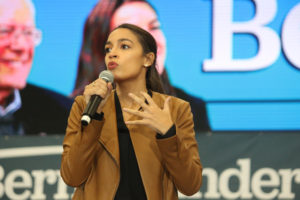
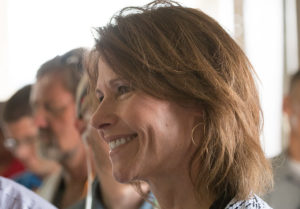
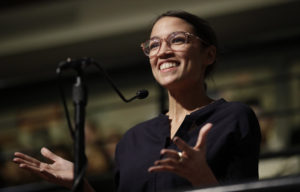

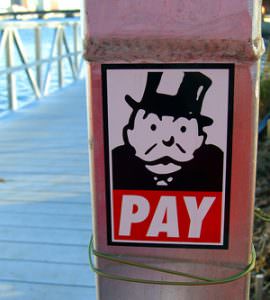


You need to be a supporter to comment.
There are currently no responses to this article.
Be the first to respond.